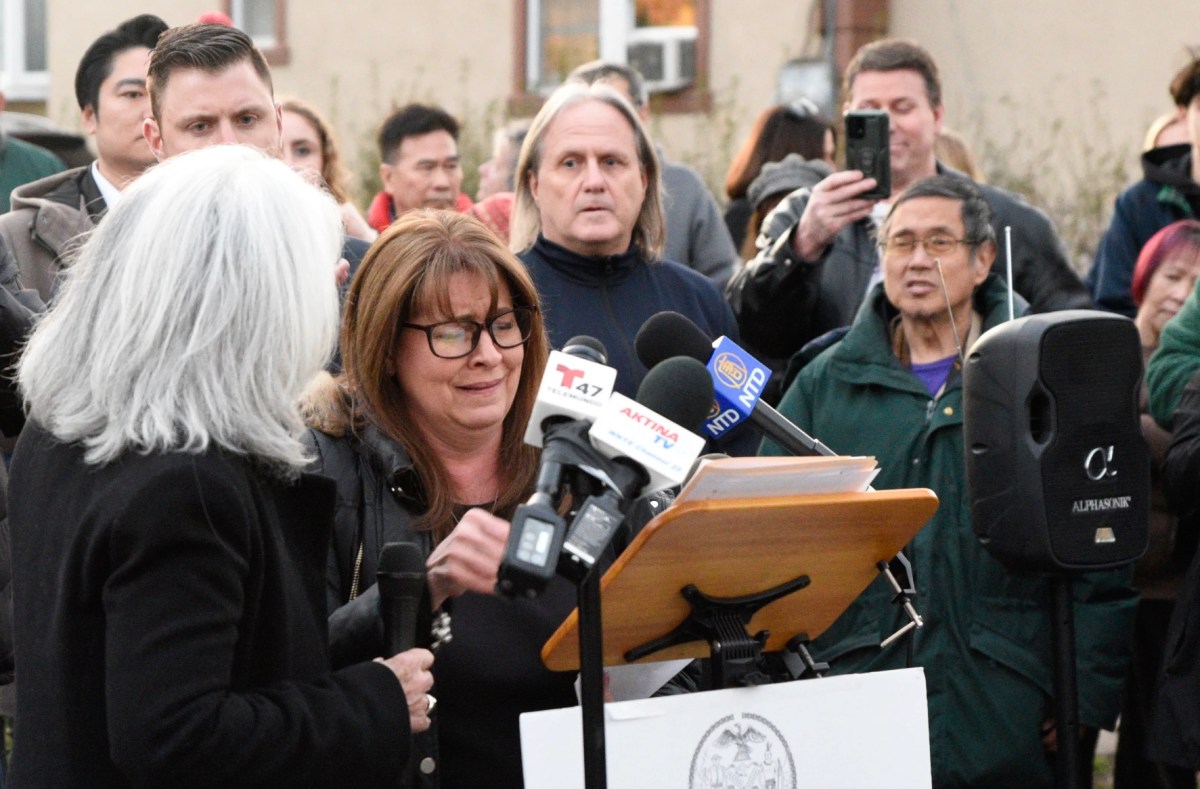By now, you’ve probably heard about the Ontario government’s attempt to introduce a new sex ed curriculum — a change that was planned for fall 2010 but quickly shelved when conservative groups protested.
The revised curriculum would have seen Grade 1 students learning the proper names of body parts. It would have taught Grade 3 students to respect “invisible differences” between people, like sexual identity and orientation; taught Grade 4 students about puberty; and mentioned oral and anal sex to Grade 7 students.
Some critics argue that the “graphic” curriculum would encourage kids to have sex earlier. But in a world where sex is used to sell everything from clothing to cars, kids are already getting that message. Shouldn’t we provide some no-nonsense context to go along with the hypersexualized media they see every day? Besides, studies show that kids who are well-informed about sex tend to postpone having it.
Another sticking point is the Grade 3 mention of sexual identity. But what’s got opponents’ undies in a twist is really just a quick, PG lesson about respecting differences in others (learning abilities and cultural values are also mentioned).
The province’s sex ed curriculum hadn’t been reviewed since 1998 and, while it’s cliché to say it, times have changed. Kids are hitting puberty at a younger age and they’re encountering sexually charged materials earlier, too. For youth growing up in the Internet age, stumbling onto pornographic images is almost unavoidable — and not an ideal introduction to sexuality.
When I hear opponents say Grade 1 is too young to be teaching kids the proper names for their genitals, I can’t help but be amazed.
Imagine if you went the first six years of your life without being given the proper word for your hands or feet, stuck with goofy euphemisms (your “grabby grabber” or your “walky bits”) or, worse yet, no words at all. How would you tell someone if something was wrong? How would you develop any sense of ownership? With silence comes shame and confusion.
I know talking about sex isn’t always easy, especially when kids are involved, but that’s why it’s part of the curriculum. If we want our kids to grow up to be healthy, happy adults who know how to protect and love their bodies, this conversation needs to happen — and it needs to happen early.
















